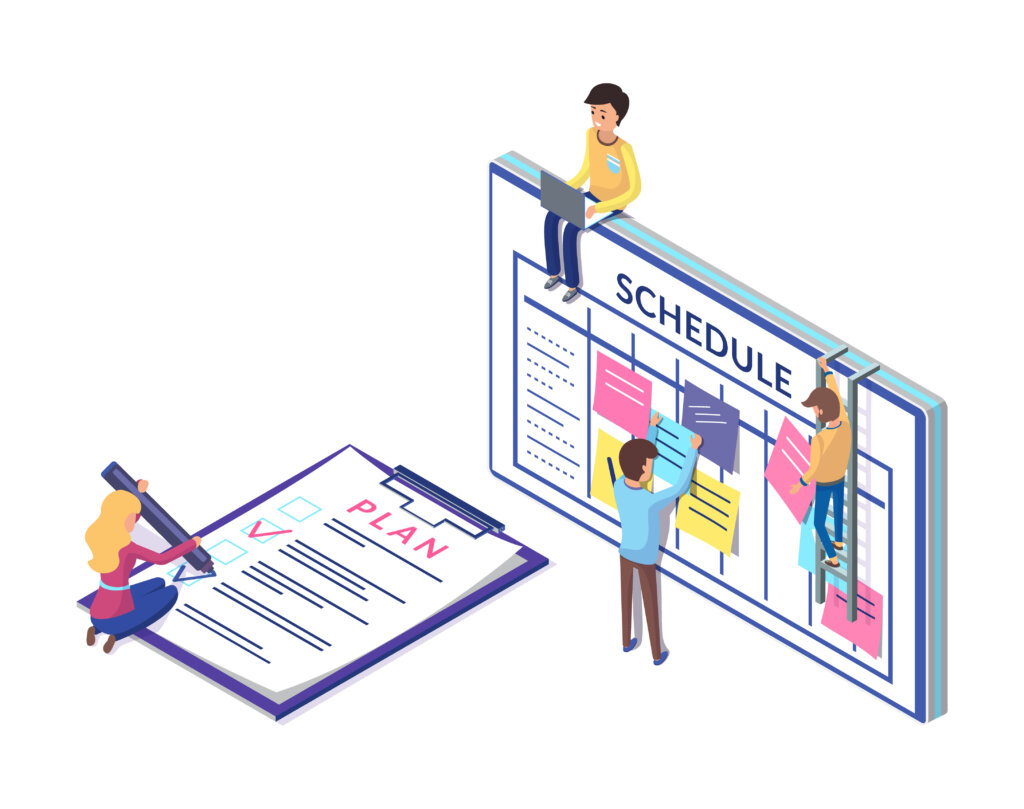Empowering Children with Cognitive Impairments During Summer
Summer is usually a time full of relaxation, time to spend with family and friends, and plans for great vacations. This isn’t usually the case for parents of children with cognitive impairments, though. For these parents, they know that summer is going to be much more difficult for their child and their family.
What Difficulties do Children with Cognitive Impairments Face During Summer?
- Routine: Children with cognitive impairments thrive under a regular schedule where they, at least roughly, know what to expect and when. So, when a child has been in school for 8 months out of the year they get very used to their routine while in school. Then, once summer begins, they suddenly have to learn a whole new routine! The sudden change can feel uncomfortable, unfamiliar, and intimidating. This dysregulation can cause them mental and emotional stress, making this a difficult transition period.
- Lack of Social Opportunities: Many children with cognitive impairments have some challenges associated with their communication and social skills. While in school, they have ample opportunities to grow and practice these skills but once they are home for the summer, those opportunities are most likely going to be very few and far between. This sudden decline in opportunities to socialize may cause their overall social skills to decline and they may lose some of the progress they made during the school year.
- Loss of Education/Learning: As with any child, the summer months are often filled with deficits and losses of learning. While in school, students are regularly reading, constantly being exposed to new materials and concepts, and gaining new academic skills. Summer is a disruption to this learning that often results in students losing some of the knowledge they gained during the school year simply because they are no longer practicing and thinking about those skills.
What Can You Do at Home During Summer?
Create a Schedule & Stick to it:

One of the best things you can do for your child with a cognitive impairment is to create a schedule for the summer months so that they have something to stick to. This schedule could include eating breakfast at a specific time, reading time, educational time, games time, outdoor time, etc. No matter what schedule you decide to create for your child, it is essential that you are consistent and stick to it as much as possible. Being inconsistent with a schedule will lead to poor results and will not help to regulate how your child feels after experiencing disruption from their school schedule. If possible, prepping your child ahead of time to make them aware before a schedule change will help them to adjust to new situations with ease and comfort.
Plan Social Activities:
To help your child continue to maintain and grow their social skills, try to plan different social activities that il allow them to continue practicing these skills. These activities could be things like meeting with a friend to play a game, attending community events at libraries or other public areas, or signing up for summer activities like bowling, gardening, swimming, etc. These opportunities will help improve your child’s communication skills, ensure your child maintains any social and emotional learning they gained throughout the school year, and will help them to feel more confident in themselves and around others.
Plan Educational Activities:

Finally, planning educational activities can help make sure your child does not experience the loss of learning that is common for school-age children over the summer. Reading with your child and then discussing the book can be a great way to help them practice their reading comprehension skills, doing different science experiments can be a great way to engage your child’s curiosity and learn new science skills, having scheduled match times can help your child advance their match capabilities, etc. The possibilities are truly endless!
Conclusion
In conclusion, the summer months can present unique challenges for children with cognitive impairments and their families. The disruption of routines, limited social opportunities, and potential learning loss can create additional stress and difficulties during this time. However, there are proactive steps that parents can take to support their child’s well-being and promote continued growth. By creating a structured schedule, planning social activities, and incorporating educational experiences, parents can help their child navigate the summer successfully. These strategies not only provide a sense of stability and familiarity but also offer opportunities for skill development and maintaining progress made during the school year. With thoughtful planning and consistent implementation, parents can empower their children with cognitive impairments to have a fulfilling and enriching summer that contributes to their overall development and happiness.
